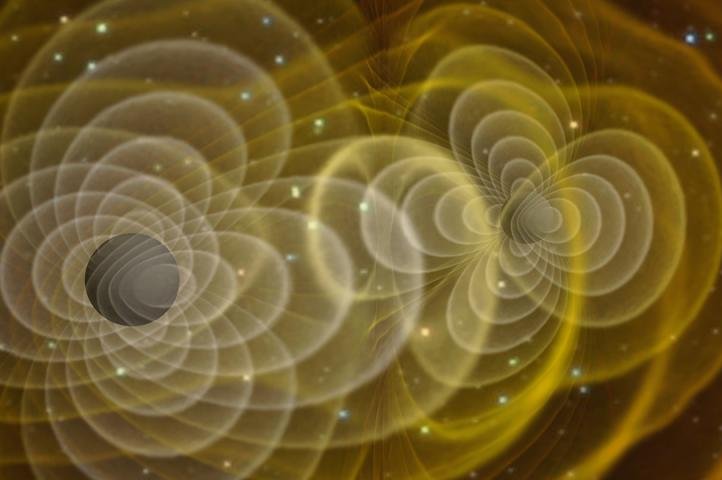May 23 (UPI) -- New research suggests LIGO and similar gravitational wave detectors can "hear" gravitational waves that scientists previously believed were invisible.
Astrophysicists believe LIGO, the Laser Interferometer Gravitational-Wave Observatory, could detect high-frequency gravitational waves by measuring a phenomenon called "orphan memory."















